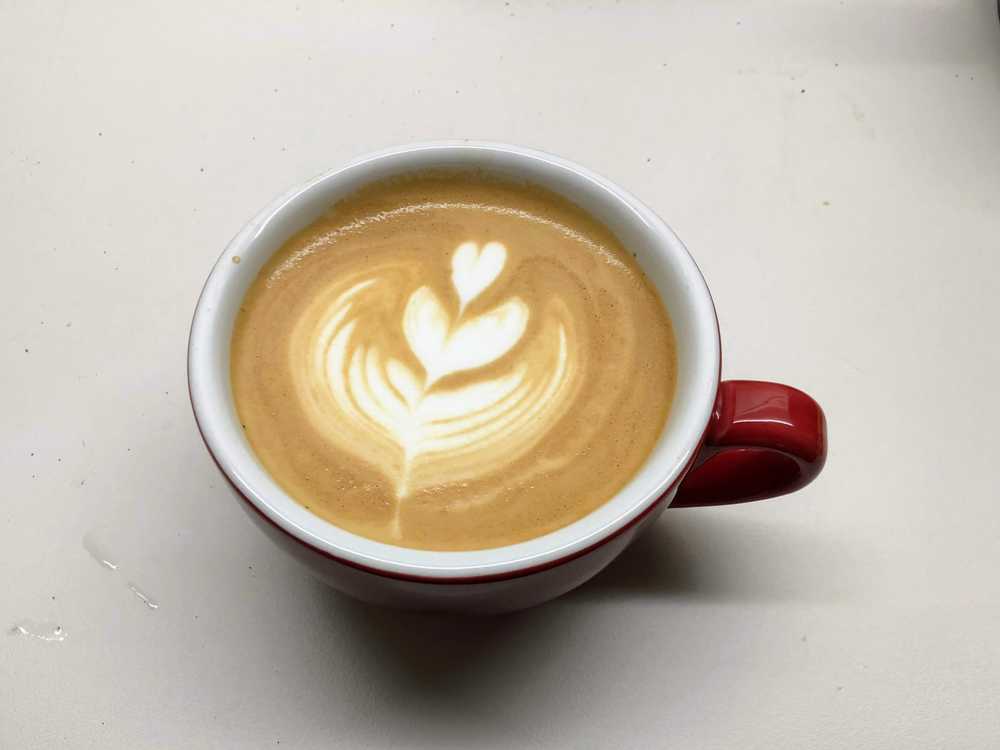Enjoying a cuppa on the hedonic treadmill
Last week I wrote about how we don’t buy things with money but with time. What’s funny is that while I was writing that article, I was simultaneously growing fond of a new coffee machine. Having moved to Berlin almost a year ago and left my excellent home coffee setup in Singapore, I have since only made coffee using a Moka Pot. It’s a good-enough coffee maker, but as I’ve been telling the few coffee aficionados among my friends, the Moka Pot provides, but it does not satisfy.
But I also did just write that cautionary tale of an article about buying stuff…
 A homemade cappuccino from when I still had a great setup at home in Singapore.
A homemade cappuccino from when I still had a great setup at home in Singapore.
Fact: I am in the market to look for an upgrade from a Moka Pot that will let me make better coffee.
Also fact: I know that if I buy this thing, whatever it ends up being, I will be paying with time. Like most people, I’m protective of my time and the alarms in my brain are going off right now to the tune of “that won’t make you happy, at least not for long.”
That brings me to this notion in psychology called the hedonic treadmill. Hedonic loosely translated means happiness, and a treadmill is something that lets you run while more or less staying put in the same spot. Put together, psychologists use the term hedonic treadmill to refer to the phenomenon that no matter what happens to us, our level of happiness always bounces back to our personal baseline of happiness.
In other words, if I spend 350 euros to buy this more capable coffee machine, my happiness will increase for a while and then it will fall back to its baseline again. If I were running at 9 km/h with a Moka Pot, I would just be running at 11km/h with this new coffee machine but I would stay in the same spot that is more or less in the center of my wretchedly functional hedonic treadmill.
To be honest, I am okay with the hedonic treadmill as a reality. Meaning, I don’t expect anything external, like a coffee machine, to bring about long-lasting changes in my happiness. I believe that for that one can only look inward.
What I am uncomfortable with is this: I cannot guarantee myself that in 2 years time, I won’t grow tired of this new machine and desire an even better one and spend even more time to buy that next one, and the next one, and the next one. You probably see where I am going with this.
If the hedonic treadmill teaches me that nothing external can really bring me lasting satisfaction, I should be wise to abide by its lesson and not buy anything, right? Even this negative feeling of being deprived of getting a better coffee machine and therefore better homemade espresso will soon pass as things normalise again. And in the end, I save a bunch of money and time that I can spend elsewhere. Right?
This is where I hop off the treadmill and pull the plug. Applying this notion of the hedonic treadmill to such extremes is where things start to get fuzzy. At the end of the day, time spent to make money should lead to money spent, and not just on the bare necessities. Why should we try to live like monks? Yes, less is sometimes more. But as Yvon Chouinard, founder of Patagonia said in Let My People Go Surfing (book notes TK), “the more you know, the less you need.” No matter who you are and how proficient you are with navigating life, you are still going to need some things to live your life. Better to put this image of the treadmill top of mind than wear it as a lens. Then, do the work to learn more so you ultimately need less.
For context, when Yvon said “the more you know, the less you need,” he is referring to the explanation of how a skilled mechanic can use just a handful of tools to fix a boat.
Applied to my situation, it means that it might not be inevitable that I’d have to get a second upgrade or a third, because if I continue to focus on learning, a single tool of good quality and the right balance of useful attributes would be all I need for lasting satisfaction, at least in the realm of homemade coffee.
